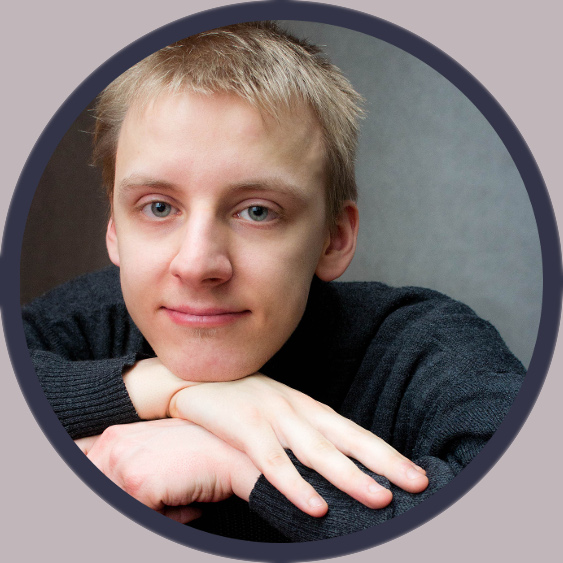Poznan, PL


Monadic Party is a five-days long Haskell summer school. Our vision is to teach in depth with each talk spanning multiple sessions. Because of the additional time at our disposal we can get deeper into each topic to show a larger part of the story behind the subject. The size will be capped at fifty attendees to provide you with a good learning experience.
We will have two tracks, one for programmers that aren't experienced in Haskell and would like to learn it from the basic concepts. The other track is for people already familiar with the language and will present a selection of talks and workshops on a variety of topics. We will announce the list of topics after our call for speakers closes at the end of February.
We chose Poznan to host the summer school because of its architecture, culture and nightlife. The venue is a recently restored lovely old building at Mlynska 12 where we have the whole highest floor at our disposal. So the only thing you need is a ticket, laptop and a place to sleep and you're good to go. Catered lunch, tea and coffee is included in the ticket price.
We will hold the summer school at Mlynska 12, Poznan, Poland. The venue is in the Old Town, a walking distance from a town square. We would love to help you with choosing a place to stay. If you have any questions, please email us at [email protected].
In terms of travel, WizzAir, Ryanair, Lufthansa and LOT all have a dense network of daily connections to and from the city. If you want to save some carbon dioxide, there are frequent train connections from Germany and inside Poland. Buses are also a good budget option with PolskiBus which operates a lot of routes in the region.
Inside the city of Poznan there is a good public transporation system with a dense network throughout the city.
We're the organizers of Monadic Warsaw, Ewa Kruzynska and Michal Kawalec. With over five hundred members it grew up to be one of the biggest Haskell meetups in Europe. We've had speakers and visitors from all over the world and we also host a YouTube channel. It is our way of popularizing functional programming and building a community of interested people. We are sure the summer school will give us as much fun as Monadic Warsaw.
We are deligted to offer a means based scholarship programme. If you are financially unable to attend the summer school, we have a number of fully funded places available. Everything needed for you to attend is covered - travel to the event, accommodation and the ticket itself. The scholarships are provided by X-Team
The scholarship applications are closed now, recipients have been notified.
Scholarship applications are closed now












